选择热点
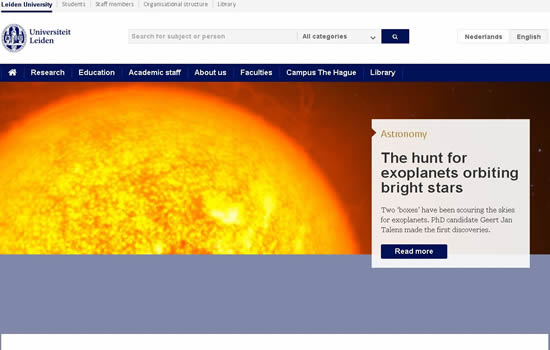 荷兰莱顿大学
荷兰莱顿大学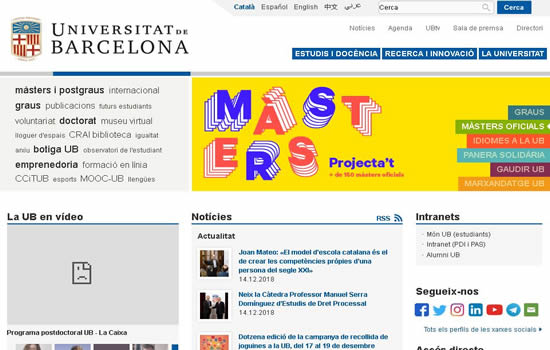 西班牙巴塞罗那大学
西班牙巴塞罗那大学 巴西圣保罗大学 University of Sao Paulo, Brazil
巴西圣保罗大学 University of Sao Paulo, Brazil 台湾南华大学 University of South China in Taiwan
台湾南华大学 University of South China in Taiwan 科技大学 National University of Defense Technology
科技大学 National University of Defense Technology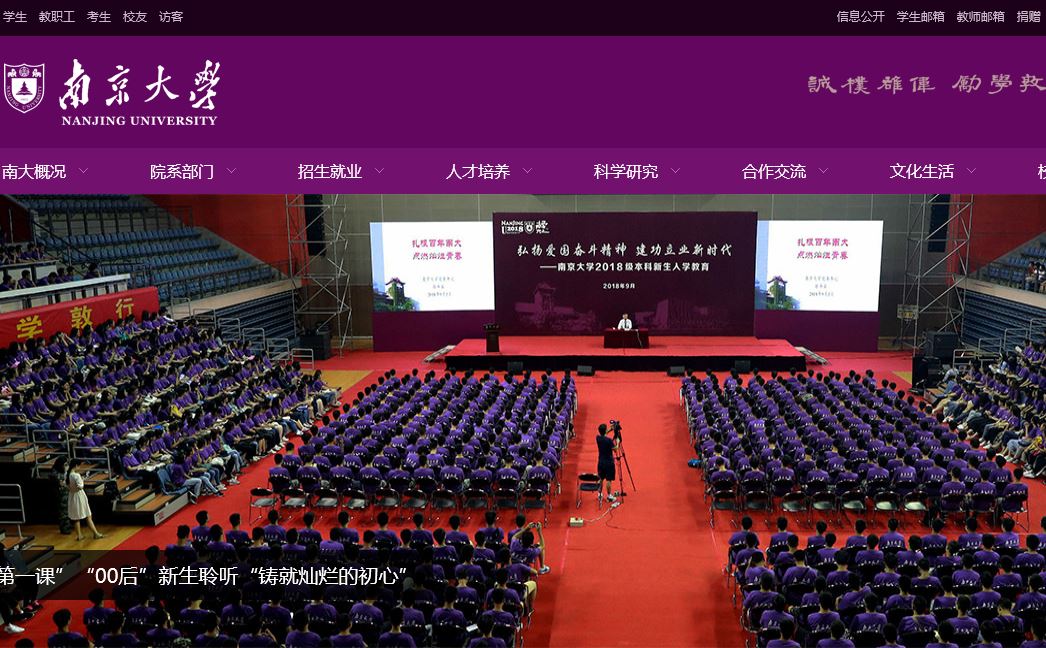 南京大学 Nanjing University
南京大学 Nanjing University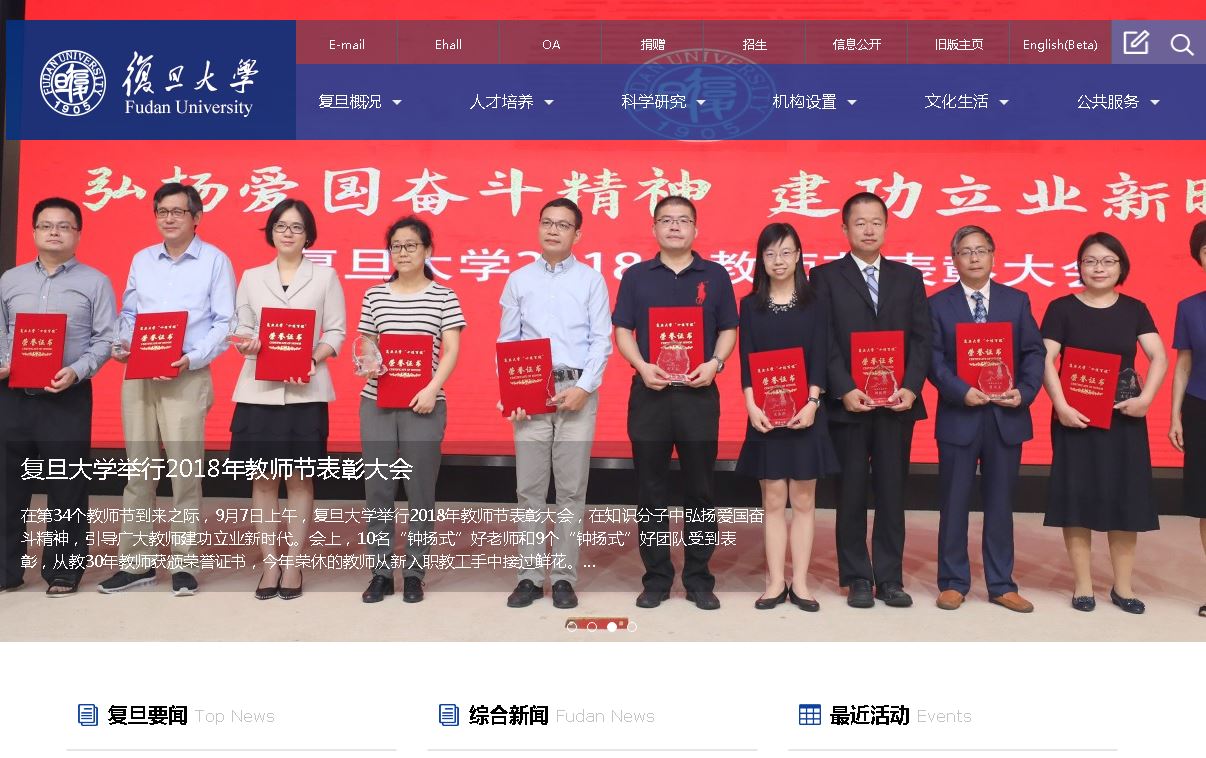 上海复旦大学 Fudan University
上海复旦大学 Fudan University 泗水大学(Ubaya)
泗水大学(Ubaya) 印尼大学 universitas indonesia
印尼大学 universitas indonesia 越南某大学 Vietnam National University
越南某大学 Vietnam National University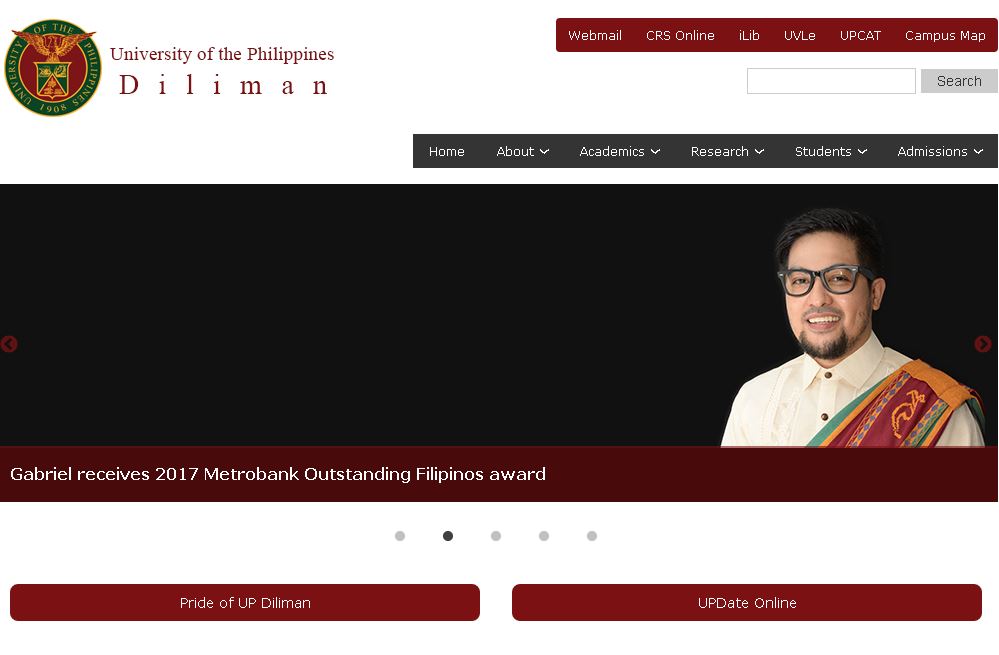 菲律宾大学 University Of The Philippines
菲律宾大学 University Of The Philippines
双语短文 · 细小如尘,高大如梁
发布时间:2025-01-06
来源:大学网站
On Motes and Beams 细小如尘,高大如梁◎ Alexander SviyashIt is curious that our own offenses should seem so much less heinous than the offenses of others.
I suppose the reason is that we know all the circumstances that have occasioned them and so manage to excuse in ourselves what we cannot excuse in others.
We turn our attention away from our own defects, and when we are forced by untoward events to consider them, find it easy to condone them.
For all I know we are right to do this; they are part of us and we must accept the good and bad in ourselves together.
But when we come to judge others, it is not by ourselves as we really are that we judge them, but by an image that we have found of ourselves from which we have left out everything that offends our vanity or would discredit us in the eyes of the world.
To take a trivial instance: how scornful we are when we catch someone out telling a lie; but who can say that he has never told not one, but a hundred?
There is not much to choose between men.
They are all a hotchpotch of greatness and littleness, of virtue and vice, of nobility and baseness.
Some have more strength of character, or more opportunity, and so in one direction or another give their instincts freer play, but potentially they are the same.
For my part, I do not think I am any better or any worse than most people, but I know that if I set down every action in my life and every thought that has crossed my mind, the world would consider me a monster of depravity.
The knowledge that these reveries are common to all men should inspire one with tolerance to oneself as well as to others.
It is well also if they enable us to look upon our fellows, even the most eminent and respectable, with humor, and if they lead us to take ourselves not too seriously.
让人奇怪的是,和别人的过错比起来,我们自身的过错往往不是那样可恶。
我想,其原因应该是我们知晓自身犯错的一切情况,因此总能设法为自己找到托词,而对于别人的错误却无法原谅。
我们从不关注自己的缺点,即便是深陷困境而不得不正视它们的时候,我们也很容易就宽恕自己。
据我所知,我们这样做是正确的。
缺点是我们自身的一部分,我们必须接纳自己的好和坏。
但是当我们评判别人的时候,我们就不是用真实的自我来判断:而是用一种自我形象来评判,这种自我形象完全摒弃了在世人眼中会伤害到自己的虚荣,或败坏自己的名声的东西。
举一个小例子来说:当我们发现某人在说谎时,我们是多么蔑视他啊!
但是,谁能够说自己从未说过谎?
可能还不止一百次呢。
人和人之间没什么太大的差别。
任何人都是伟大与渺小、美德与邪恶、高尚与低贱的混合体。
有些人性格比较坚毅,机会也比较多,因此在这个或那个方面,能够更自由地发挥自己的禀赋,但是人类的潜质却都是相同的。
就我而言,我认为自己并不比大多人更好或更差,但是我知道,如果我记下我生命中每一次举动和我脑海掠过的每个想法,世界将会把我视为一个邪恶的怪物。
每个人都会有这样的怪念头,这样的认识应当激励我们宽容自己,也宽容他人。
除此之外,若这些念头能使我们用幽默的态度看待他人,即使是天下最优秀最令人尊敬的人,也能使我们不把自己看得过于重要,那是很有裨益的。
【双语短文 · 细小如尘,高大如梁查看网站:[db:时间]】
I suppose the reason is that we know all the circumstances that have occasioned them and so manage to excuse in ourselves what we cannot excuse in others.
We turn our attention away from our own defects, and when we are forced by untoward events to consider them, find it easy to condone them.
For all I know we are right to do this; they are part of us and we must accept the good and bad in ourselves together.
But when we come to judge others, it is not by ourselves as we really are that we judge them, but by an image that we have found of ourselves from which we have left out everything that offends our vanity or would discredit us in the eyes of the world.
To take a trivial instance: how scornful we are when we catch someone out telling a lie; but who can say that he has never told not one, but a hundred?
There is not much to choose between men.
They are all a hotchpotch of greatness and littleness, of virtue and vice, of nobility and baseness.
Some have more strength of character, or more opportunity, and so in one direction or another give their instincts freer play, but potentially they are the same.
For my part, I do not think I am any better or any worse than most people, but I know that if I set down every action in my life and every thought that has crossed my mind, the world would consider me a monster of depravity.
The knowledge that these reveries are common to all men should inspire one with tolerance to oneself as well as to others.
It is well also if they enable us to look upon our fellows, even the most eminent and respectable, with humor, and if they lead us to take ourselves not too seriously.
让人奇怪的是,和别人的过错比起来,我们自身的过错往往不是那样可恶。
我想,其原因应该是我们知晓自身犯错的一切情况,因此总能设法为自己找到托词,而对于别人的错误却无法原谅。
我们从不关注自己的缺点,即便是深陷困境而不得不正视它们的时候,我们也很容易就宽恕自己。
据我所知,我们这样做是正确的。
缺点是我们自身的一部分,我们必须接纳自己的好和坏。
但是当我们评判别人的时候,我们就不是用真实的自我来判断:而是用一种自我形象来评判,这种自我形象完全摒弃了在世人眼中会伤害到自己的虚荣,或败坏自己的名声的东西。
举一个小例子来说:当我们发现某人在说谎时,我们是多么蔑视他啊!
但是,谁能够说自己从未说过谎?
可能还不止一百次呢。
人和人之间没什么太大的差别。
任何人都是伟大与渺小、美德与邪恶、高尚与低贱的混合体。
有些人性格比较坚毅,机会也比较多,因此在这个或那个方面,能够更自由地发挥自己的禀赋,但是人类的潜质却都是相同的。
就我而言,我认为自己并不比大多人更好或更差,但是我知道,如果我记下我生命中每一次举动和我脑海掠过的每个想法,世界将会把我视为一个邪恶的怪物。
每个人都会有这样的怪念头,这样的认识应当激励我们宽容自己,也宽容他人。
除此之外,若这些念头能使我们用幽默的态度看待他人,即使是天下最优秀最令人尊敬的人,也能使我们不把自己看得过于重要,那是很有裨益的。
【双语短文 · 细小如尘,高大如梁查看网站:[db:时间]】
相关阅读
目录列表
资讯列表
英语资讯


共0条评论
网友评论温馨提示:您的评论需要经过审核才能显示,请文明发言!